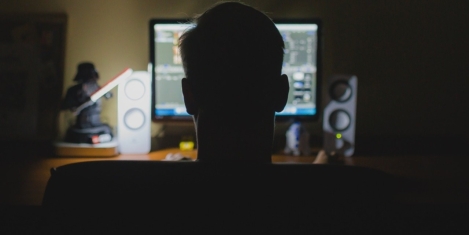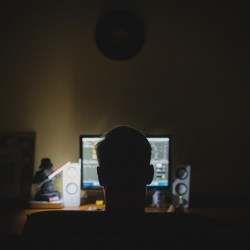To provide the best experiences, we use technologies like cookies to store and/or access device information. Consenting to these technologies will allow us to process data such as browsing behaviour or unique IDs on this site. Not consenting or withdrawing consent, may adversely affect certain features and functions.
The technical storage or access is strictly necessary for the legitimate purpose of enabling the use of a specific service explicitly requested by the subscriber or user, or for the sole purpose of carrying out the transmission of a communication over an electronic communications network.
The technical storage or access is necessary for the legitimate purpose of storing preferences that are not requested by the subscriber or user.
The technical storage or access that is used exclusively for statistical purposes.
The technical storage or access that is used exclusively for anonymous statistical purposes. Without a subpoena, voluntary compliance on the part of your Internet Service Provider, or additional records from a third party, information stored or retrieved for this purpose alone cannot usually be used to identify you.
The technical storage or access is required to create user profiles to send advertising, or to track the user on a website or across several websites for similar marketing purposes.










 New
New 


 Has working at home during lockdown made people
Has working at home during lockdown made people 
 Half of Britain’s workers expect their bosses to demand a vaccine passport before they can return to their
Half of Britain’s workers expect their bosses to demand a vaccine passport before they can return to their 


 A survey released by
A survey released by 
 As lockdown starts to lift, more people are having to think about going back to work as normal. That means commutes, offices, cafeterias, and face to face meetings.
As lockdown starts to lift, more people are having to think about going back to work as normal. That means commutes, offices, cafeterias, and face to face meetings. 
 Feeling ostracised by family members has a negative effect on employee creativity, more so than feeling ostracised at work, claims new research from
Feeling ostracised by family members has a negative effect on employee creativity, more so than feeling ostracised at work, claims new research from 
 As April is
As April is 
 Just as the pandemic has forced many to re-think their relationship to the office, developers and building owners have been forced to reassess the service they offer to meet the altered needs of occupiers, according to research by
Just as the pandemic has forced many to re-think their relationship to the office, developers and building owners have been forced to reassess the service they offer to meet the altered needs of occupiers, according to research by 








April 26, 2021
What are the limits of an employer’s duty of care to employees?
by Helen Jamieson • Comment, Wellbeing